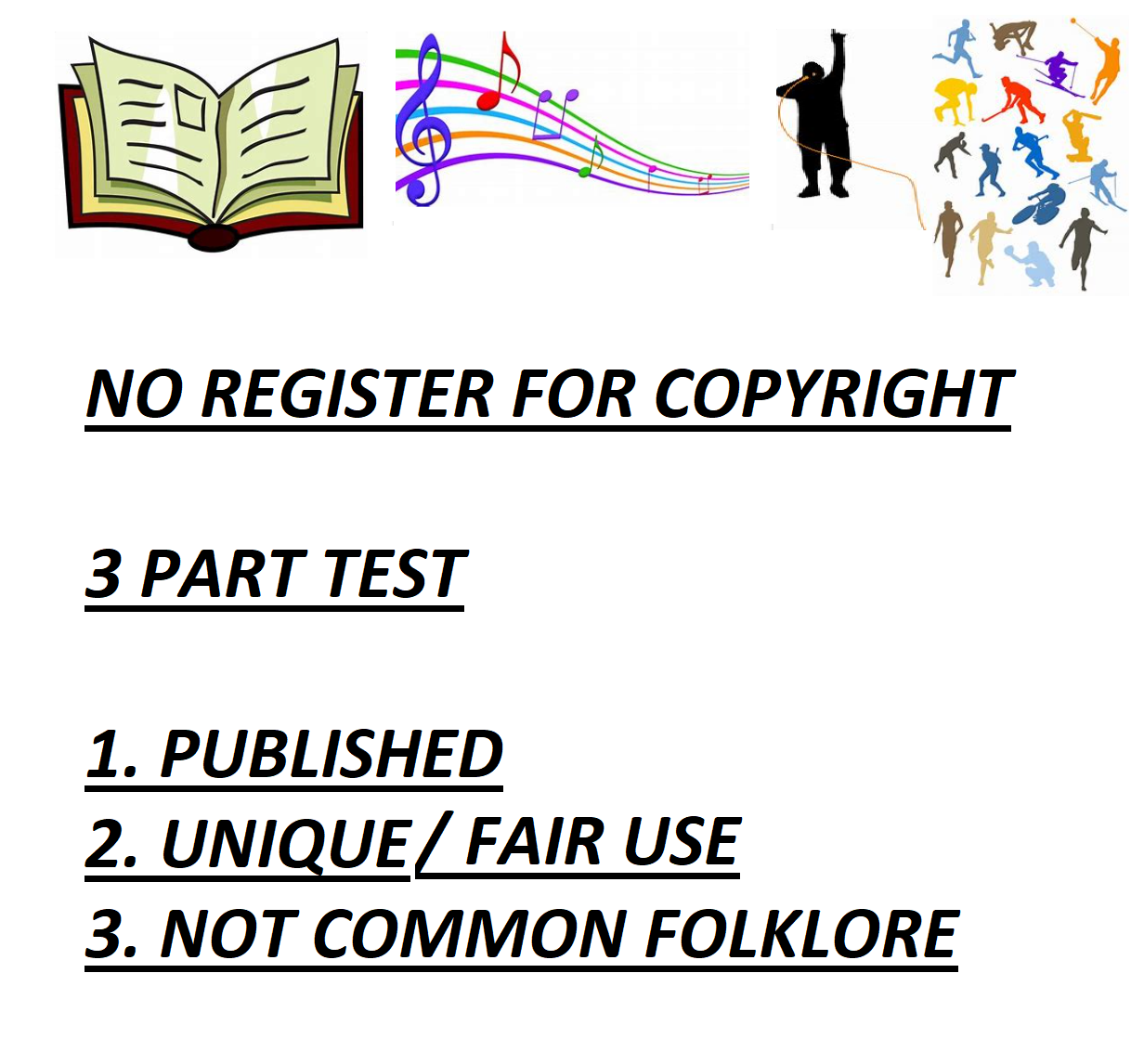Designer Guild Limited v. Russell Williams (Textiles) Limited (Trading As Washington Dc) [2000] UKHL 58; [2001] 1 All ER 700; [2000] 1 WLR 2416 (23rd November, 2000)
Citation:Designer Guild Limited v. Russell Williams (Textiles) Limited (Trading As Washington Dc) [2000] UKHL 58; [2001] 1 All ER 700; [2000] 1 WLR 2416 (23rd November, 2000)
Rule of thumb:How do you get copyright protection? There is a basic tripartite part test, (i) published as literature, (ii) it (a) has no connection to another piece of published literature or (b) is fair use of another piece of published literature, (iii) it is not common literature already widely used as part of ‘folklore’.
Judgment:
This case articulated 5 of the most common principles in copyright law that the Court will consider in cases – (i) the original work has not been published or expressed ‘publicly’, (ii) the work in question has ‘no connection’ to the work of the other person, (iii) a person has made the work ‘their own’ and created a distinctive piece of work that constitutes fair use, (iv) the content of the person suing was too ‘commonplace’ and did not come up with a concept which was sufficiently new, and (v) the original work was too ‘abstract’ and did not have the level of ‘skill and labour’ to attract protection and be deemed to be ‘literary’.

Ratio-decidendi:
‘... there can be no copyright in an idea which is merely in the head, which has not been expressed in copyrightable form .... but the distinction between ideas and expression cannot mean anything so trivial as that. On the other hand, every element in the expression of artistic work is the expression of an idea on the part of the author... The expression of these ideas is protected, both as a cumulative whole and also to the extent which they form a substantive part of the work.... the distinction between ideas and expression of ideas has been given effect... two distinct propositions. The first is that a copyright work may express certain ideas which are not protected because they have no connection with the literary, dramatic, musical or artistic nature of the work. It is on this ground that, for example, a literary work which describes a system of invention does not entitle the author to claim protection for his system or his invention as such. The same true of an inventive concept expressed in an artistic work. However striking or original it may be, others are free to express it in works of their own. The other idea is that certain ideas expressed by a copyright wok may not be protected because, although they are ideas of a literary, dramatic or artistic nature, they are not original or so commonplace as to not form a substantial part of the work... At that level of abstraction, the idea, though expressed in the design, would not have represented sufficient of the author’s skill and labour as to attract copyright protection’. Lord Hoffman paras 24 and 25
Warning: This is not professional legal advice. This is not professional legal education advice. Please obtain professional guidance before embarking on any legal course of action. This is just an interpretation of a Judgment by persons of legal insight & varying levels of legal specialism, experience & expertise. Please read the Judgment yourself and form your own interpretation of it with professional assistance.

